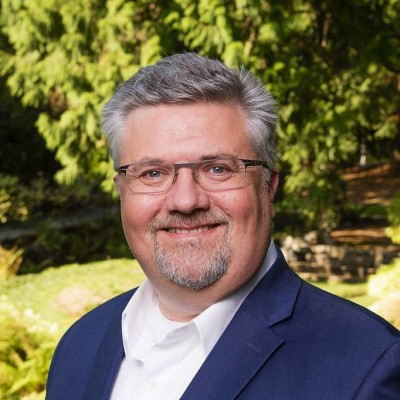
Mark Harmsworth of the Washington Policy Center discusses the requirement that will require the stands to have ‘permanent plumbing’ installed, including toilets
Mark Harmsworth
Washington Policy Center
A recent change to the Washington Administrative Code (WAC) rules that applies to coffee stands around the state will require stands to have “permanent plumbing’’ installed, including toilets. The impact to many smaller coffee stands will be significant as the installation of permanent plumbing will require thousands of dollars of construction to each stand.

Some coffee stands are too small to contain a toilet and will be forced to close.
Many stands today use small water tanks or bottled water for coffee and cleanup operations and use toilets in adjacent buildings. Many coffee stand owners are understandably concerned if they can even afford to make the changes to comply with the new rules.
King 5 reports that a petition has been created by several of the affected coffee stand owners urging repeal of the new rules. The petition, as of this morning, had garnered 5,000 signatures.
The new WAC rules are yet another example of the government passing a mandate on business with no thought for the fiscal impact. The small coffee stands are not built to contain large sinks, toilets and other plumbing and rely on adjacent buildings for those services. Ironically, if the coffee stand was mobile, the rules would not apply.
Coffee stands have been operating safely for decades. There is no underlying public health problem that needs to be addressed. Why is there suddenly a health hazard now?
The change in the rules should at least be suspended until public feedback and a review is completed on if the change in the rules is even required.
The WAC rule change was adopted in March 2022 and businesses have until September to comply.
Mark Harmsworth is the director of the Small Business Center at the Washington Policy Center.
Also read:
- Rep. John Ley supports C-TRAN Bus Rapid Transit to save Washington moneyRep. John Ley praised C-TRAN’s new BRT line as a faster, lower-cost alternative to light rail, urging support for transit options that save taxpayers money and improve service.
- C-TRAN, WSU Vancouver celebrates groundbreaking for The Vine on Highway 99C-TRAN and WSU Vancouver broke ground on the Vine’s Highway 99 route, a 9-mile bus rapid transit line connecting the university to downtown Vancouver and the Waterfront, set to open in 2027.
- Letter: The Charterist III — Concerning the powers of the Legislative BranchJohn Jay continues his Charterist series, arguing that Clark County’s legislative branch is structurally weak and lacks the resources to balance the executive, calling for reform in the next charter review.
- C-TRAN board again postpones vote on light rail operations and maintenance costsThe C-TRAN board again postponed a vote on language regarding operations and maintenance costs tied to light rail expansion, with pending lawsuits involving Michelle Belkot continuing to impact board actions.
- Opinion: ‘Today’s Democratic Party is not our father’s Democratic Party’Editor Ken Vance reflects on how today’s Democratic Party diverges from the values he associates with his father’s generation, citing issues like taxation, gender policies, and shifting ideology in Washington state politics.
- Opinion: ‘The Interstate Bridge project lacks billions in funding from both Oregon and Washington’Lars Larson criticizes Oregon’s funding decisions, highlighting the billions missing from both states for the Interstate Bridge replacement project and calling it a dead-end effort lacking Coast Guard approval.
- Court rules against Save Vancouver Streets A judge has ruled against Save Vancouver Streets in its legal effort to place a street-use initiative on the ballot. The group is considering whether to appeal.











